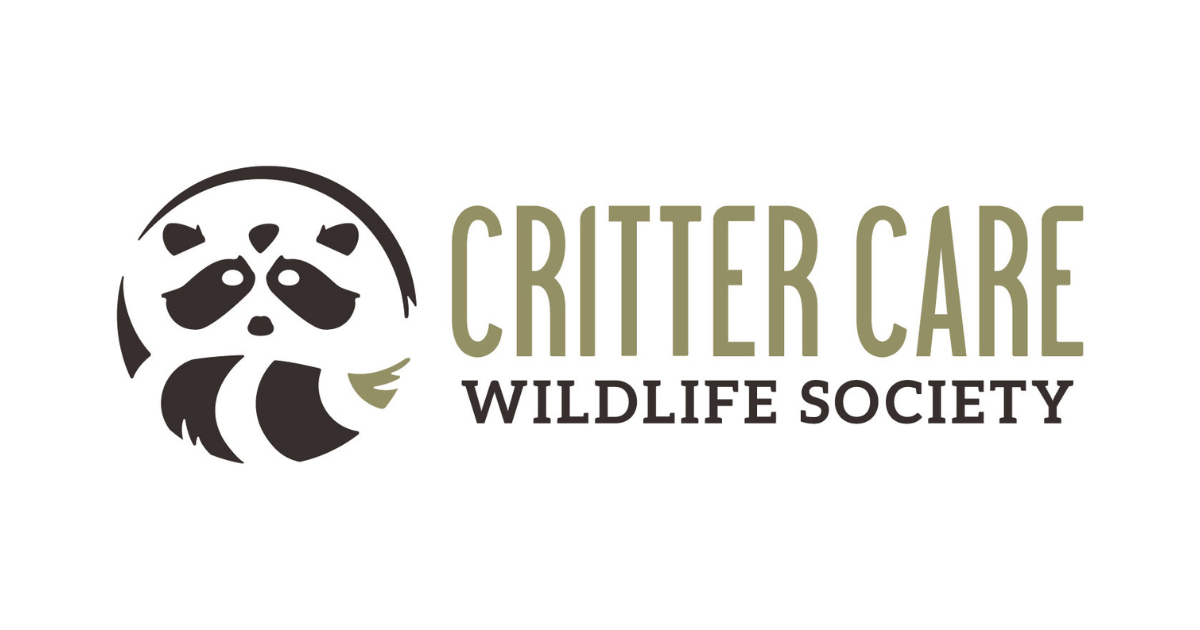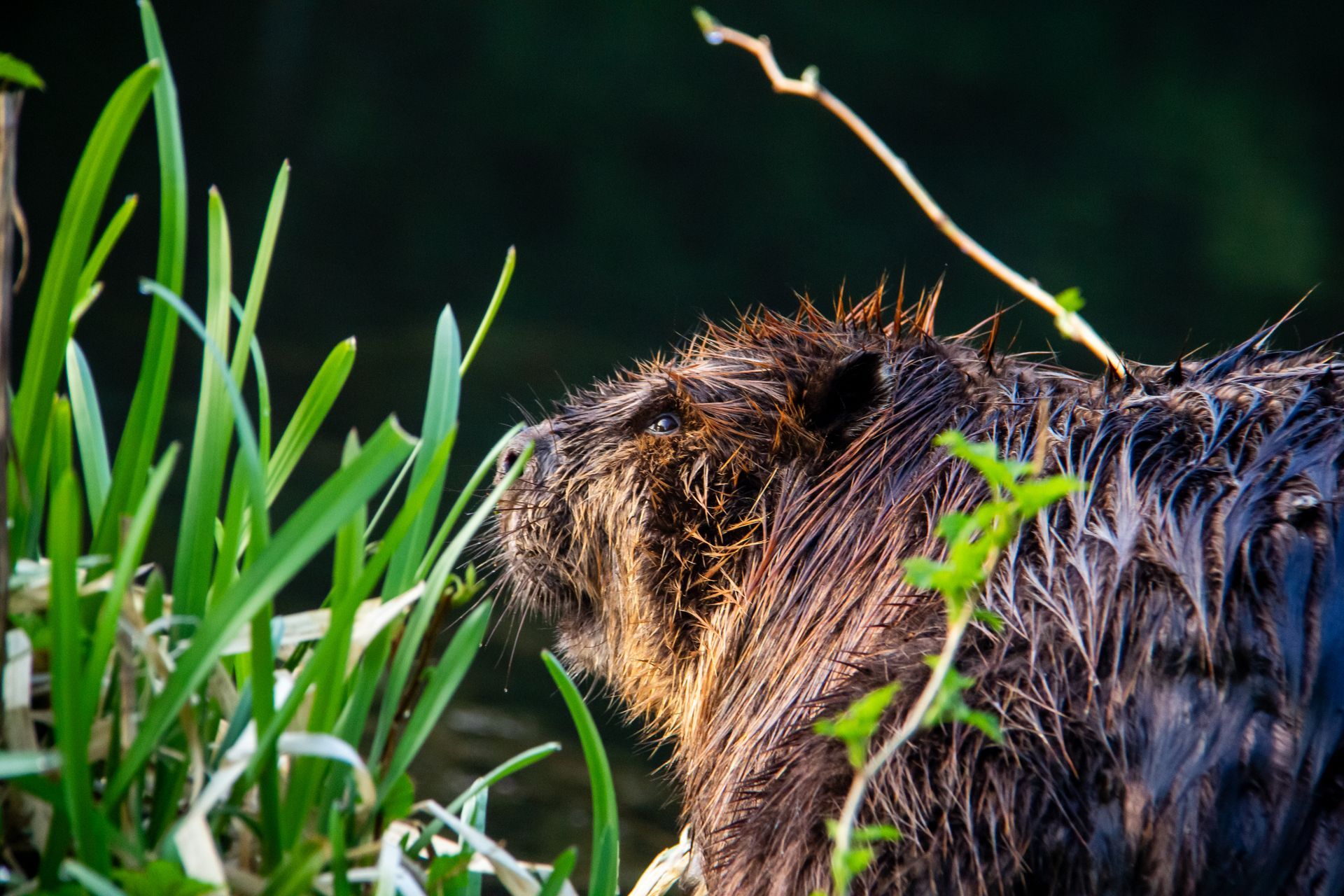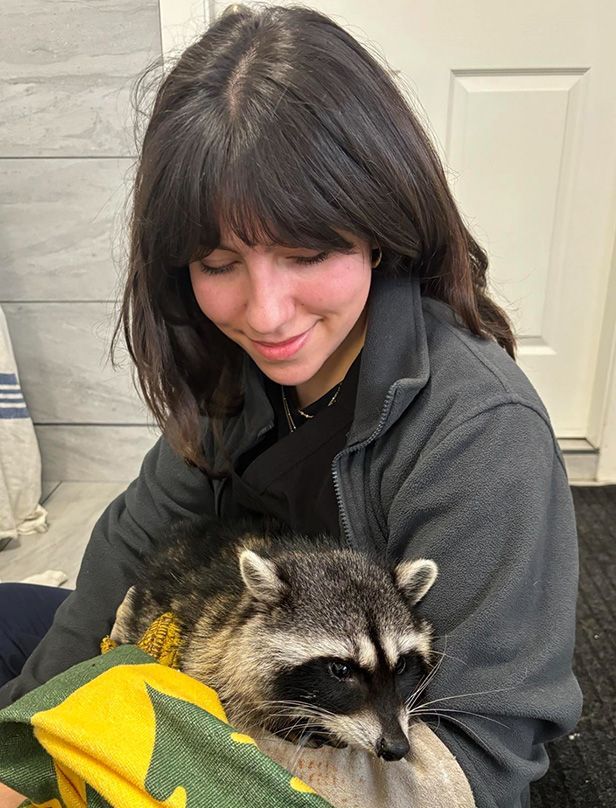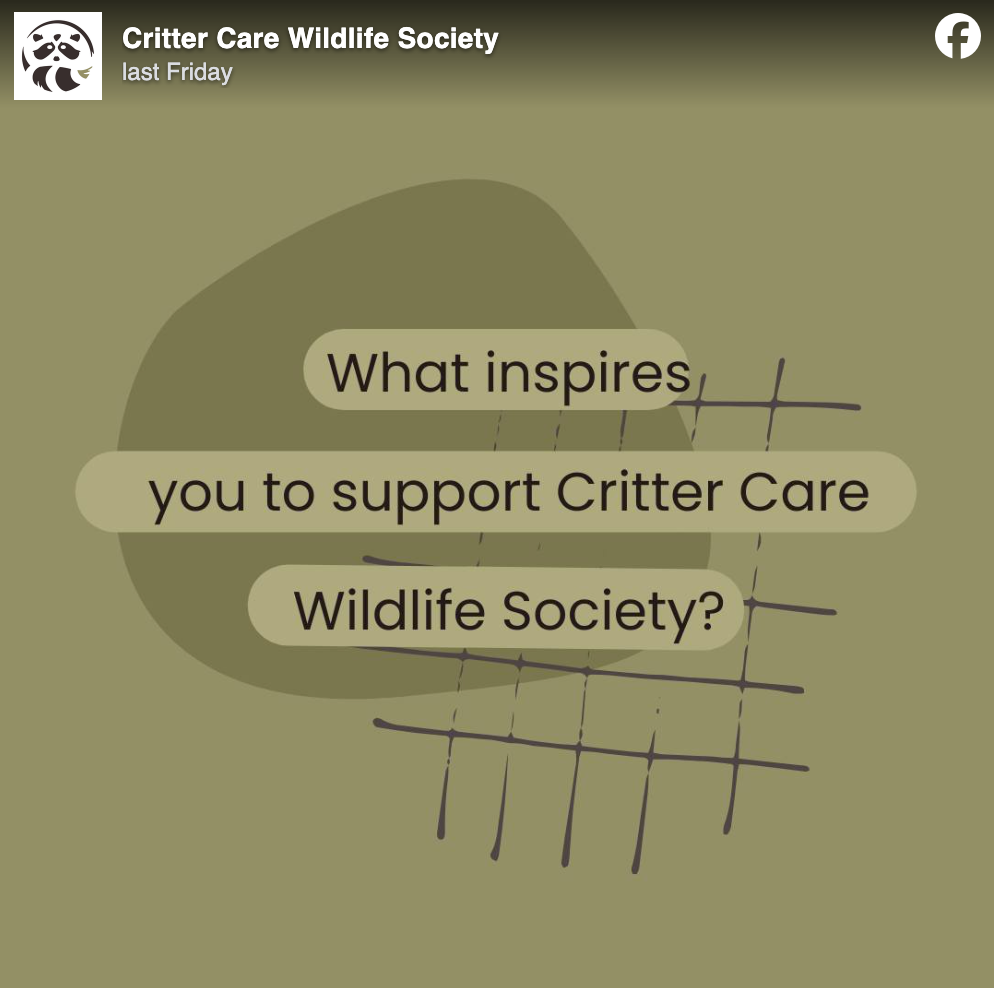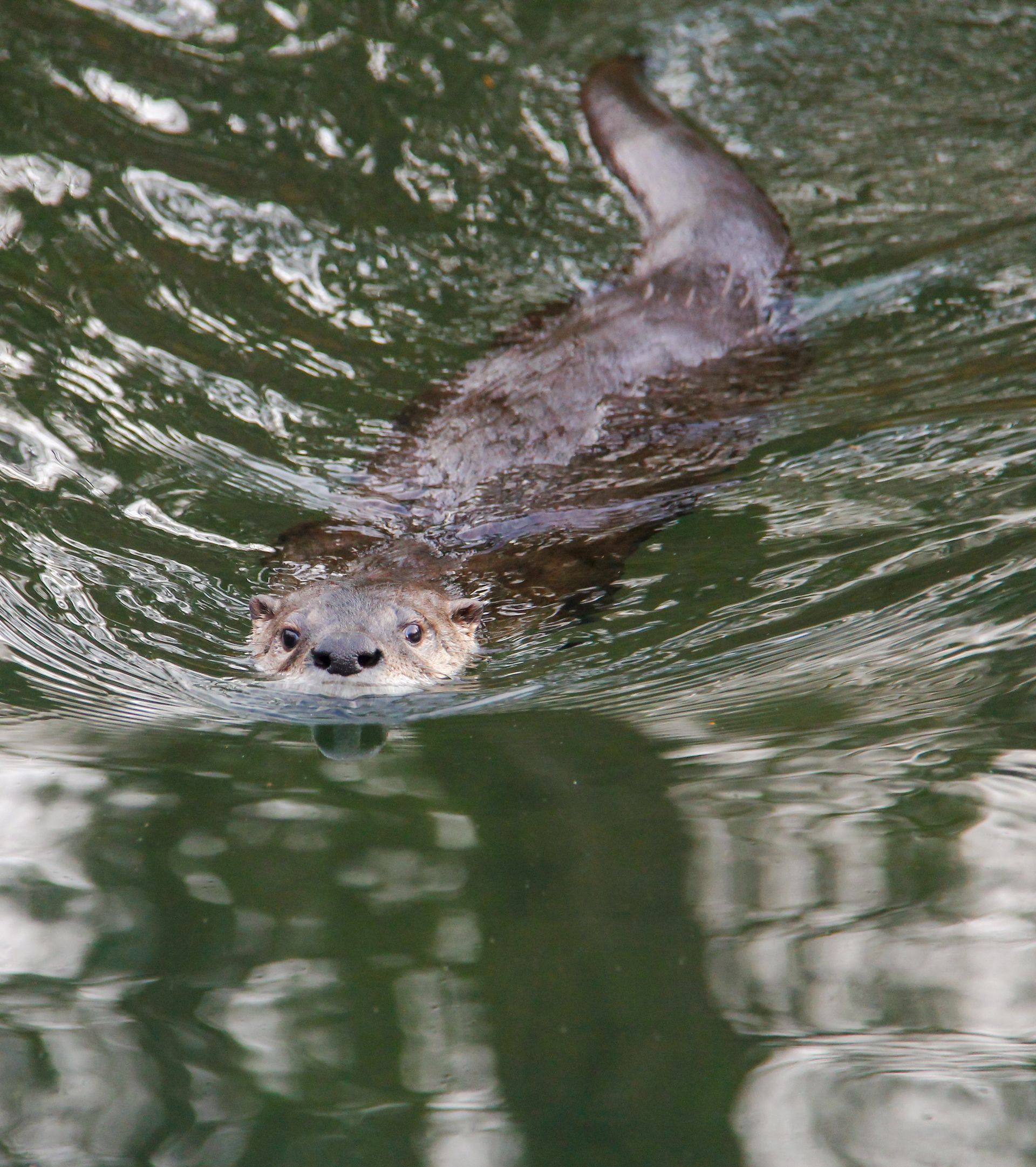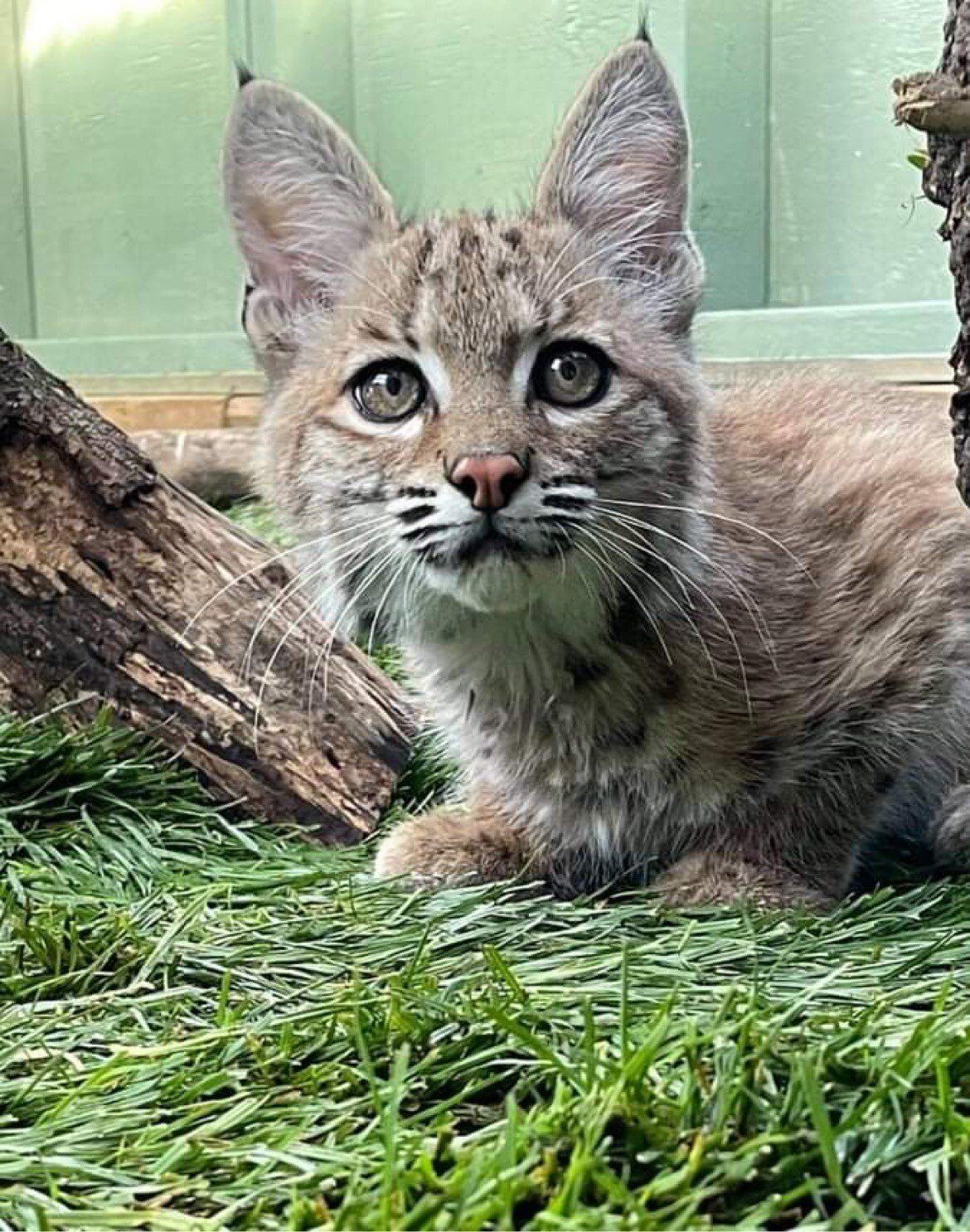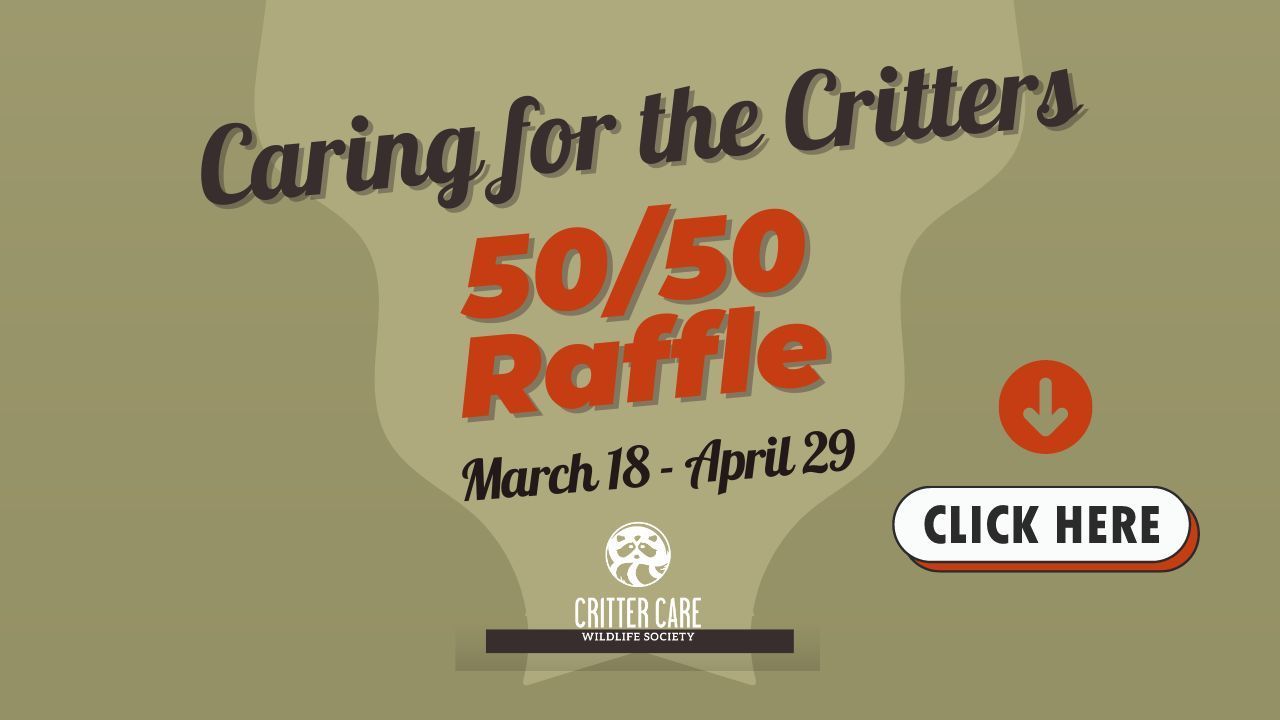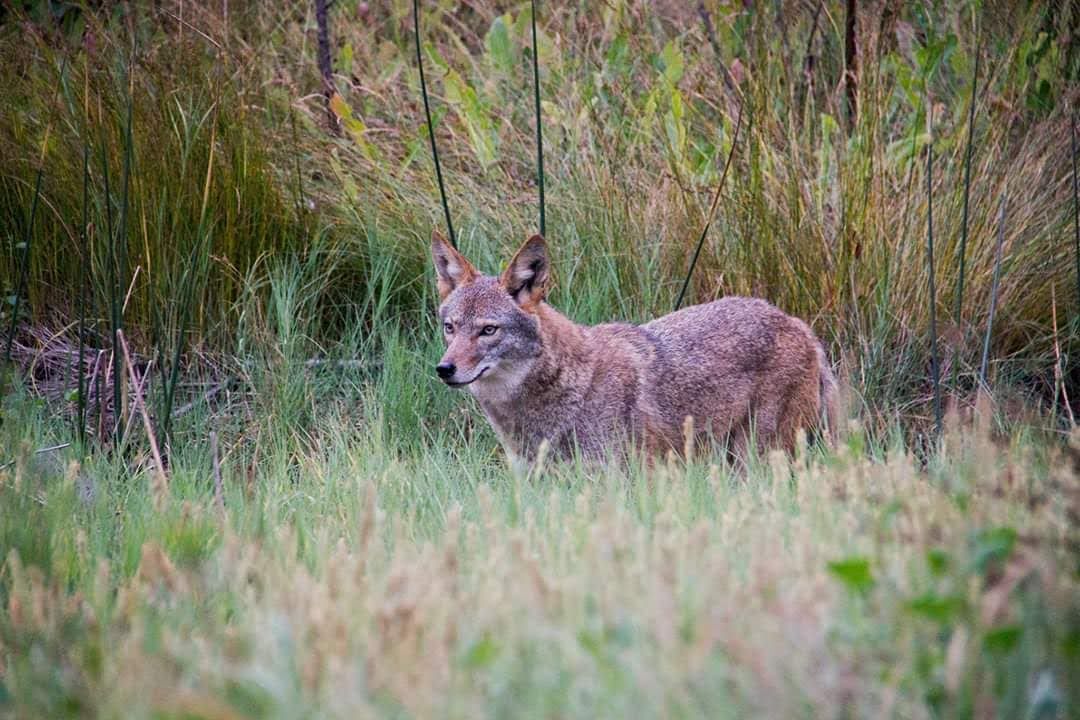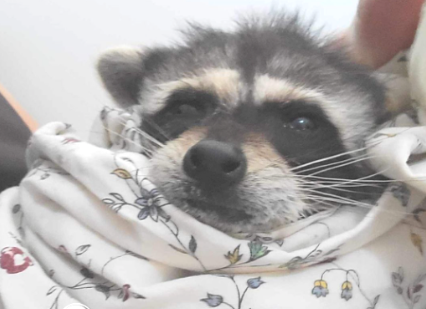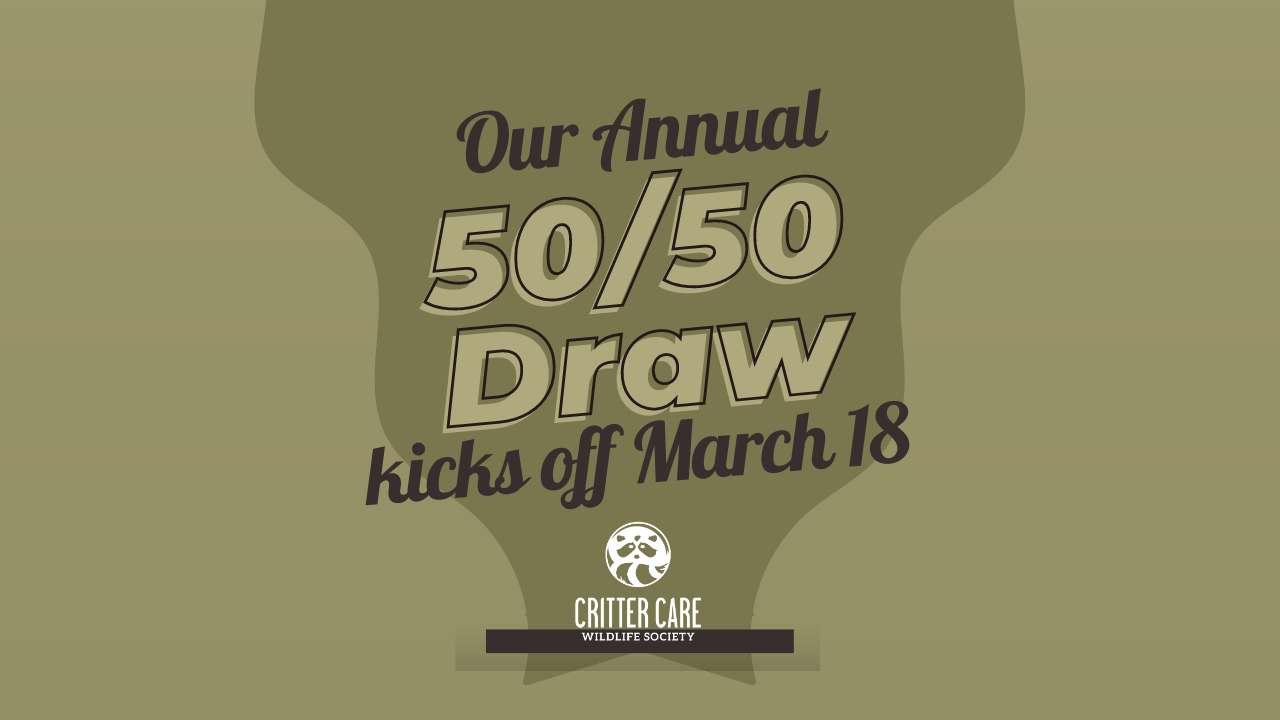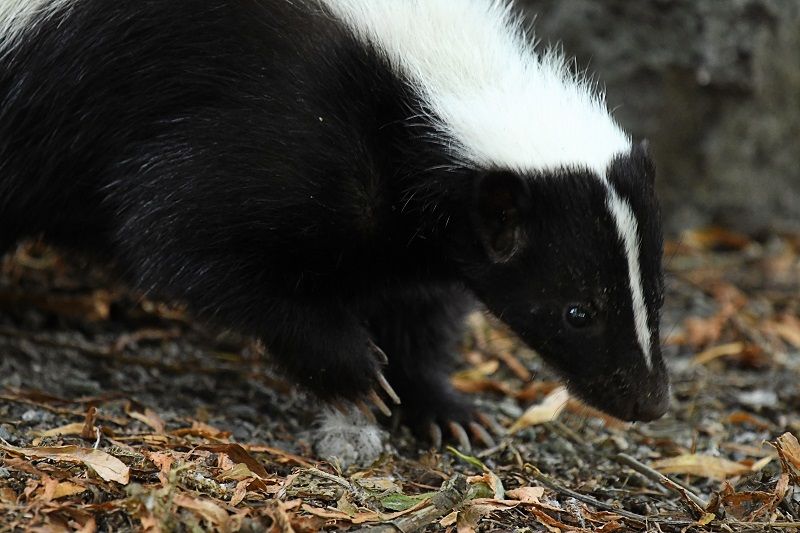What is here today can be gone tomorrow. Every life is a miracle, every life deserves a second chance.
- Gail Martin -
Blog Layout
Ruth
On the morning of June 18, 2010, Critter Care Wildlife Society received a call from the Mt. Seymour Ranger station.
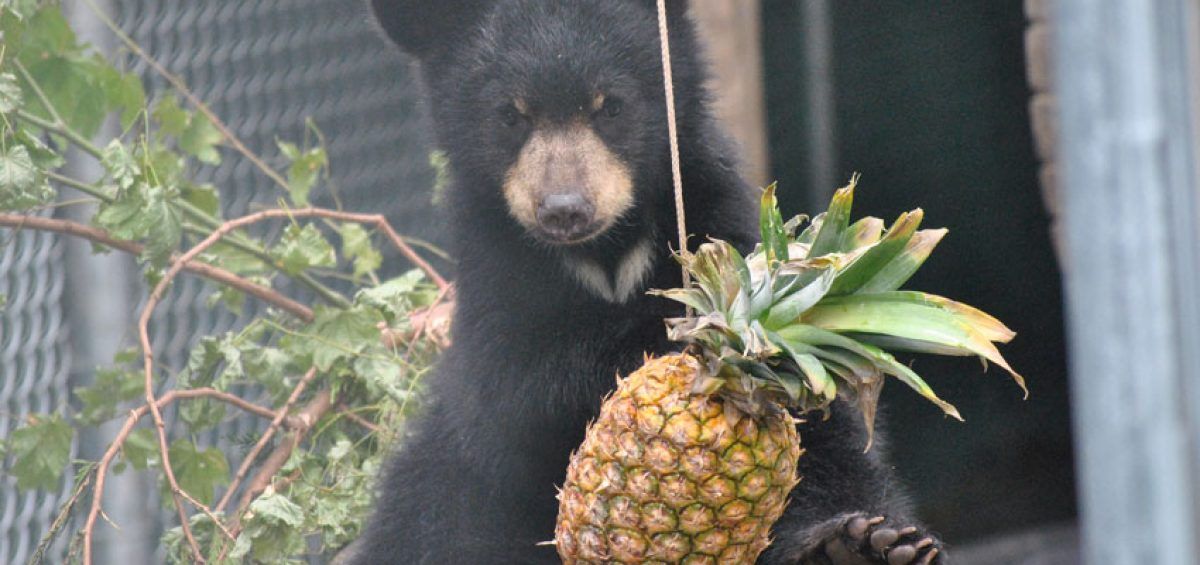
On the morning of June 18, 2010, Critter Care Wildlife Society received a call from the Mt. Seymour Ranger station. They had a 3 month old orphaned bear cub. One of our long time volunteers picked up the cub and drove her to our centre. She arrived at Critter Care in good condition, and was given the name Ruth.
Ruth’s story is a tragic one. On the evening of June 16, a mother bear was hit by a car on Cypress Mountain. The driver saw the bear walk away, but the next morning was worried about the bear and returned to the area. He found the body of the mother bear with two young, terribly upset cubs ***pacing around her or hovering around her or lying next to her or huddled close to her***next to her. The driver quickly phoned the conservation officers. When they arrived one of the cubs ran off, but they did manage to grab the second cub.
The cub, Ruth, was kept at the ranger station for the next 24hrs as Conservation Officers and Park Rangers kept a close lookout for Ruth’s sibling, but there was no sign of him. Rangers and the public continue to keep an eye out for an orphaned cub in the area, but while there have been a few sightings of a lone cub over the months since, none have turned out to be Ruth’s sibling.
Once Ruth was given her initial exam at Critter Care, the decision was made to go ahead and introduce her to Critter Care’s two other cubs. Ruth was a lot smaller then the other two bears, but the loss of Ruth’s mother and sibling had left her very frightened and depressed. At first Ruth was not at all thrilled with her new situation. She bossed around the other two bears, and if she wanted something she would just snatch it away from the others. Over the next two weeks though, Ruth formed a bond with one of the other cubs, Holly. The two became like sisters, always looking out for each other.
Ruth, Holly, and her other two den mates, Ronin and Rae, as well as three recently admitted bear cubs, Alice, Mahala and Atayokan, are all thriving at Critter Care. Ruth is a lot bigger then her admission weight of 9lbs, and has grown into a bear with a very outgoing and inquisitive nature. Ruth will hibernate at Critter Care with her three friends and be released in the spring, ready and able to live a wild life.
Angela Fontana, Senior Animal Care Supervisor
CLICK HERE
to sponsor a Critter Care animal.
Thank you for supporting Critter Care Wildlife Society!
Share
Tweet
Share
Mail
